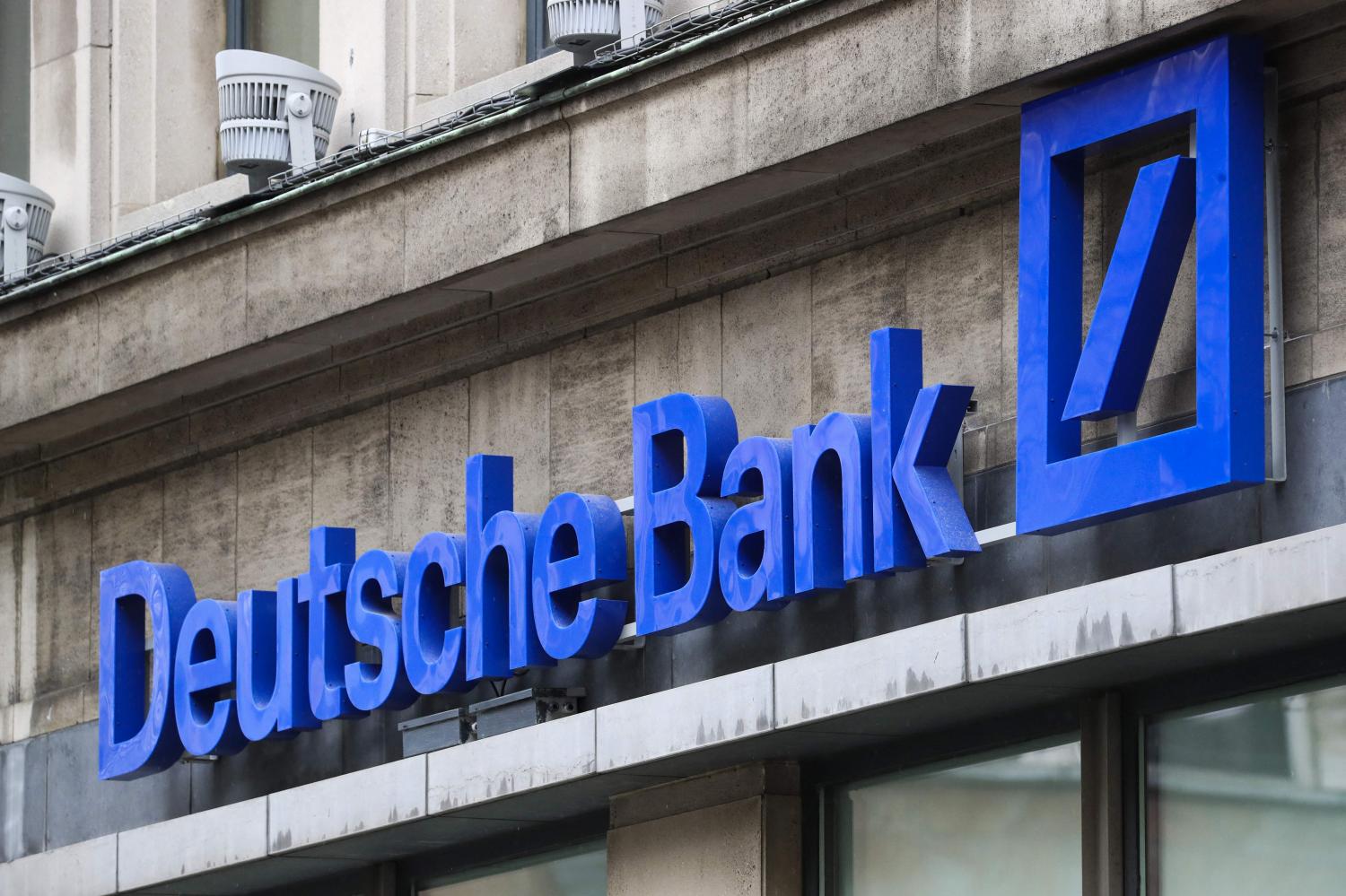
Analysts have raised concerns about the growing risk of a Deutsche Bank collapse, reigniting fears about a widening banking crisis, though they said the potential impact on the Thai banking sector would be limited.
Knuckles whitened after shares of Germany's biggest lender sank by 8.5% last Friday because of the surging costs of its default cover.
Prices rebounded sharply on Monday, surging by as much as 5.25% in early trade.
Kampon Adireksombat, first senior vice-president and team head of the SCB Chief Investment Office at Siam Commercial Bank, said the situation with Deutsche Bank was quite "sensitive" given that some of its financial status, including the liquidity coverage ratio (LCR), is quite similar to Credit Suisse, which was recently taken over by its Swiss rival UBS.
One difference is Deutsche Bank, unlike Credit Suisse, recorded profits over the past three years.
In addition, management at Deutsche Bank has not changed frequently, unlike at Credit Suisse, said Mr Kampon.

"The situation could worsen for Deutsche Bank if depositors lose confidence, flocking to withdraw money altogether, as happened to the collapsed US banks," he told the Bangkok Post.
The Swiss government backed the bigger lender UBS's acquisition of Credit Suisse, but in Germany there is no bigger player than Deutsche Bank, said Mr Kampon.
The second and third-largest banks in Germany combined are smaller than Deutsche Bank, he said.
"I don't think the German government would let Deutsche Bank collapse, nor would it allow a foreign bank to buy it because it is a matter of national pride and is critical to national security," said Mr Kampon.
"I think the next step for the German authorities is to offer insurance for bank deposits to restore confidence."
Nattawat Onratn, senior executive vice-president at CGS-CIMB Securities (Thailand), expressed concern, saying the bank is "too large to handle" if the worst case happens.
"In Germany, there are two or three other large banks in the same situation as Deutsche Bank," said Mr Nattawat.
"If a big bank collapses, the government does not have enough capacity to back it up."
He said in the event of a Deutsche Bank collapse, the SET Index would struggle to bounce back to 1,600 points.
However, Mr Kampon from SCB played down the impact of Western banking woes on the Thai banking sector.
"The key reason those Western banks were undone was a bank run, as their client base is quite concentrated," he said.
"Thai banks' deposit base is very diversified, reflected by their ratio of deposits in current and saving accounts to total deposits, which are mostly above 50%."
In addition, Mr Kampon said Thai banks' liquidity coverage ratios are mostly above 150%, compared with the required level of 100%, while capital adequacy ranges from 16% to 21% versus the 12% required level.
He said asset quality varies from 158% to 260%, compared with the required level of 100%, which is solid, even compared with regional peers.
"We believe Thai banks are strong enough," said Mr Kampon.
In a worst-case scenario, he believes regulators will likely tighten their standards to monitor financial institutions. As a result, commercial banks would have to tighten their lending standards, which could result in slower loan growth and hence a sluggish economic recovery, said Mr Kampon.
Pimolpa Suntichok, chief country officer at Deutsche Bank's Thai unit, said the Bangkok branch on Monday reported to the Bank of Thailand about the solid financial condition of its parent.
"The Bank of Thailand understands the global situation and it pays attention to the fundamentals of both the global entity and the Bangkok branch. There is no concern about Deutsche Bank in Thailand," she said.
As for the parent company, Mrs Pimolpa said the German authorities affirmed that Deutsche Bank has a strong financial status and there was no sign of weakness.
"The financial status and profitability of our parent is quite strong, differing from the two years of net losses at Credit Suisse. We don't have a liquidity problem," she said.